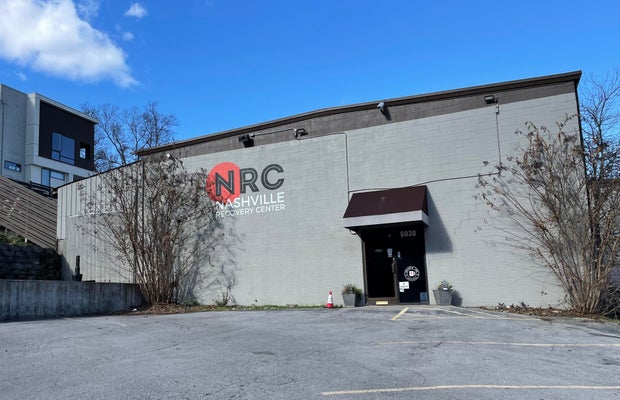Article
Some addiction treatment centers turn big profits by scaling back care
By Renuka Rayasam, Blake Farmer January 30, 2023 / 5:00 AM EST / Kaiser Health News
The landscape of addiction treatment is complex, with roughly 14,000 treatment centers across the United States. The proliferation of these centers coincides with rising addiction rates and improved insurance coverage mandated by the Affordable Care Act (ACA). However, the quality of care provided by these facilities varies widely, with some not adhering to recommended treatment practices outlined by federal agencies. While efforts to standardize treatment protocols continue, private equity investment in addiction treatment facilities introduces additional challenges.
Critics argue that private equity firms prioritize profit over the quality of care, leading to cuts in essential services and the implementation of unproven practices. Such actions can have detrimental effects on patients, as evidenced by instances of reduced access to FDA-approved medications for substance use disorder treatment and diminished overall treatment quality. While regulatory oversight exists, it primarily focuses on health and safety standards rather than clinical guidelines, leaving gaps in ensuring the delivery of evidence-based care. As a result, patients and their families often bear the burden of navigating a complex and sometimes predatory treatment landscape, highlighting the urgent need for greater transparency, accountability, and access to high-quality addiction treatment services.

The Key Takeaways
- Impact of Medicaid Expansion: The Affordable Care Act's Medicaid expansion has significantly increased access to addiction and behavioral health treatment services for low-income individuals, leading to improvements in coverage and benefits.
- Role of Private Equity: Private equity investment in addiction treatment facilities has raised concerns about prioritizing profit over the quality of care, resulting in cuts to essential services and the implementation of unproven practices.
- Challenges in Treatment Quality: Despite efforts to standardize treatment protocols, many addiction treatment centers do not adhere to recommended practices, including the use of FDA-approved medications for substance use disorder treatment.
- Regulatory Oversight Gaps: Regulatory oversight primarily focuses on health and safety standards rather than clinical guidelines, leaving gaps in ensuring the delivery of evidence-based care and protecting patients from predatory practices.
- Burden on Patients and Families: Patients and their families often bear the burden of navigating a complex treatment landscape, leading to financial strain, inadequate care, and frustration with the lack of transparency and accountability in the industry.
- Call for Reform: There is an urgent need for greater transparency, accountability, and access to high-quality addiction treatment services to ensure that patients receive the care they need and deserve. This includes strengthening regulatory oversight, promoting evidence-based practices, and holding treatment facilities accountable for providing quality care.
From the Article
"In 2021, 127 mergers and acquisitions took place in the behavioral health sector, which includes treatment for substance use disorders, a rebound after several years of decline, according to investment banking firm Capstone Partners. Private equity investment drove much of the activity in an industry that is highly fragmented and rapidly growing, and has historically had few guardrails to ensure patients are getting appropriate care."
Get a Free Trial
InterAct offers virtual care solutions and referral solutions to treatment programs for extended care after in-patient treatment, family support programs and intensive outpatient services.
